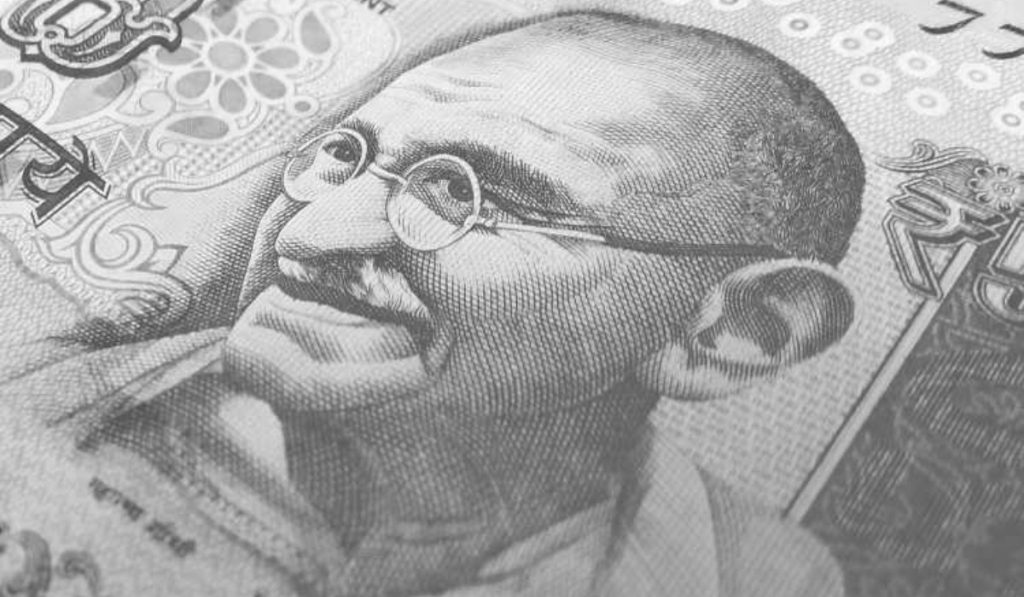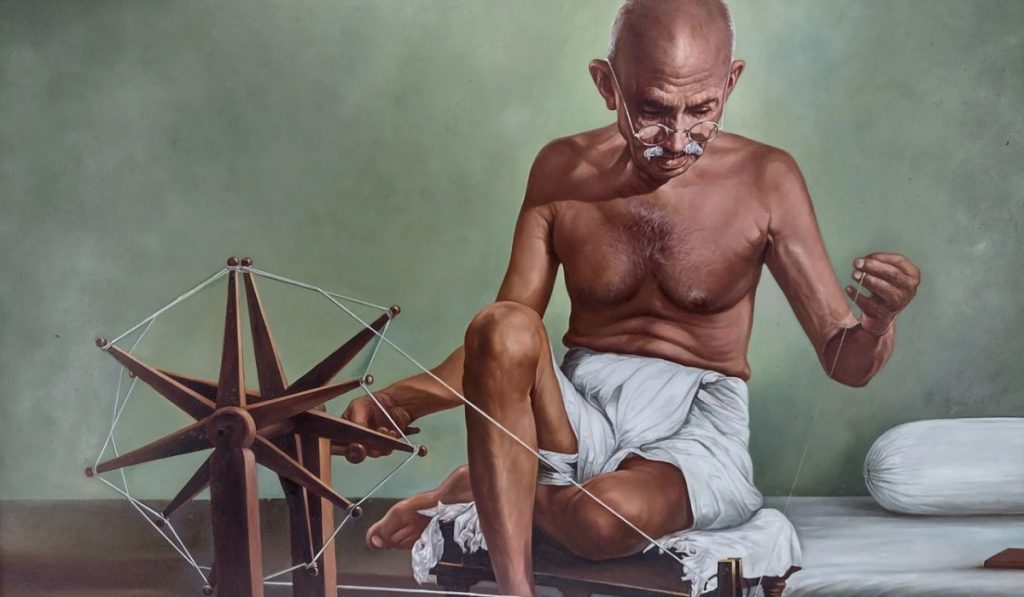Mahatma Gandhi, also known as Mohandas Karamchand Gandhi, was a towering figure in the history of India and the world. His life was marked by a relentless pursuit of truth, non-violence, and justice, making him the undisputed leader of India’s struggle for independence from British colonial rule. Let’s take a closer look at the key milestones and activities that defined his remarkable life.
Early Life and Education:
Gandhi was born on October 2, 1869, in Porbandar, a coastal town in Gujarat, India. His upbringing was rooted in traditional Indian values, and he was married at a young age. In 1888, he traveled to London to study law, a journey that would shape his worldview and ignite his passion for justice.
Also Read: नागपुर: भैंस ने निगली सोने की चेन, सर्जरी करके निकाली गई
South Africa and the Emergence of Activism:
After completing his legal studies, Gandhi moved to South Africa in 1893 to work as a lawyer. It was in South Africa that he was confronted with the harsh realities of racial discrimination. His experiences on a train journey from Durban to Pretoria, where he was thrown off a first-class compartment despite holding a valid ticket, became a turning point. Gandhi decided to fight against the injustices faced by the Indian community in South Africa, thus launching his activism.

Satyagraha and Non-Violent Resistance:
In South Africa, Gandhi formulated his philosophy of Satyagraha, which means “truth force” or “soul force.” This principle advocated non-violent resistance as a means to achieve social and political change. He led campaigns against discriminatory laws and practices in South Africa, utilizing non-violent civil disobedience as a powerful tool.
Also Read: Simple DIY Home Hacks to Make Life Easier
Return to India and Leadership of the Independence Movement:
Gandhi returned to India in 1915, where he soon emerged as a leader in the Indian National Congress. He galvanized the masses with his message of non-violence and civil disobedience, leading to a series of protests and campaigns against British rule.
The Salt March:
One of the most iconic events in Gandhi’s life was the Salt March in 1930. This 240-mile march to the Arabian Sea was a protest against the British monopoly on salt production and sales. Gandhi and his followers peacefully collected and produced their salt, defying British salt laws and capturing the world’s attention.
Also Read: Asian Games 2023: विथ्या रामराज ने की पीटी उषा के नेशनल रिकॉर्ड की बराबरी

Civil Disobedience and Quit India Movement:
Gandhi continued to lead various movements and campaigns, including the Civil Disobedience Movement and the Quit India Movement, all aimed at ending British rule. His commitment to non-violence and civil resistance inspired millions and shook the foundations of British colonialism.
Championing Social Reform:
Gandhi’s advocacy extended beyond political freedom; he fought against the caste system and championed the cause of untouchables (Dalits). His belief in equality and social justice influenced his efforts to bridge the gaps in society.
Also Read: Mahatma Gandhi: The Iconic Leader Whose Life Held Surprising Secrets
Post-Independence Efforts and Tragic Assassination:
After India gained independence in 1947, Gandhi worked tirelessly to unite a divided nation and advocated for religious tolerance. Tragically, his life was cut short when he was assassinated on January 30, 1948, by a Hindu nationalist who opposed his views on religious coexistence.
Mahatma Gandhi’s legacy endures through his powerful quotes and principles of truth, non-violence, and love. His life stands as a testament to the transformative power of peaceful resistance in achieving social and political change. His influence has extended far beyond India’s borders, inspiring figures like Martin Luther King Jr. and Nelson Mandela in their quests for civil rights and justice. Mahatma Gandhi’s life is a beacon of hope, reminding us that one person’s dedication to truth and non-violence can change the course of history.
Also Read: Mahatma Gandhi: The Life and Legacy of the Apostle of Non-Violence











